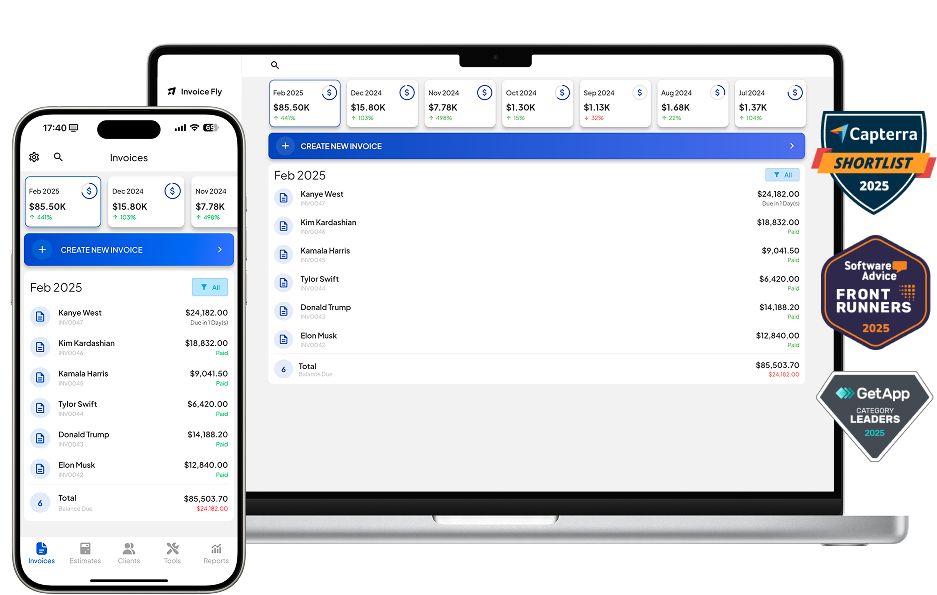- Home
- »
- Glossary Of Terms
- »
- Milestone Billing
Milestone Billing
Milestone Billing: Definition and How It Works
Milestone billing is a project-based invoicing method where payments are scheduled according to predefined project milestones instead of a single final bill. Each milestone represents a measurable stage of project completion, such as 25% completion of construction, delivery of a specific module in software development, or approval of a design phase.
This billing method is common in construction projects, engineering contracts, IT implementations, and professional services, where work is long-term and structured in phases. By tying payments to progress, milestone billing aligns cash flow with actual project performance, giving contractors financial security while providing clients with clear visibility of work delivered.
Key Features of Milestone Billing
- Payment Schedule: Payments are released when milestones are achieved, based on a billing plan defined in the contract.
- Transparency: Clients see clear progress checkpoints, reducing disputes over deliverables.
- Revenue Recognition: Companies recognize revenue progressively, aligning financial reporting with project advancement.
- Risk Management: Both parties share risks more evenly since payments are tied to agreed deliverables.
- Automation: ERP and invoicing systems like SAP allow milestone billing with predefined billing rules and invoice templates.
Milestone Billing vs. Progress Billing
While both methods link payments to project stages, milestone billing is based on fixed, predefined deliverables (e.g., “foundation completed”), whereas progress billing is often tied to the percentage of work completed, which can be more subjective.
Example
Imagine a $100,000 construction contract split into four milestones:
- Milestone 1: Site preparation (20%) → $20,000
- Milestone 2: Foundation completed (30%) → $30,000
- Milestone 3: Structure built (30%) → $30,000
- Milestone 4: Project handover (20%) → $20,000
Each invoice is issued upon milestone approval, creating a predictable payment flow and ensuring fair compensation throughout the project.
Benefits
- Improves cash flow management for contractors.
- Gives clients more control over deliverables before releasing funds.
- Supports accurate financial forecasting and revenue recognition.
- Reduces billing disputes thanks to clear agreements.

FAQs Milestone Billing
A construction project milestone could be “completion of the foundation,” triggering an invoice for 30% of the contract value.
Progress billing is based on percentage of completion, while milestone billing is tied to specific deliverables or project phases.
A milestone payment is a partial payment made once a predefined stage of the project is completed and approved.
Milestone billing in SAP is tied to contract milestones, while periodic billing is based on time intervals (e.g., monthly invoices).
It works by breaking a project into milestones; when one is achieved, an invoice is generated and payment is collected.
A milestone is a measurable project checkpoint (e.g., delivery of a feature, completion of a phase) that signals progress.
In a software contract, delivering the beta version could trigger a milestone payment of 40% of the project fee.
No, milestone billing is not monthly—it depends on project deliverables rather than fixed time periods.
It is the agreed amount tied to a project milestone, payable upon completion and approval of that stage.

Other Free Resources

Try Invoice Fly Today
- Send quotes & invoices in seconds
- Collect card & online payments
- Receive instant notifications
- Win more jobs

